Backpacking is one of the best ways to experience nature up close, but it does come with its challenges—especially when it comes to meal planning. When you’re on the trail, every ounce matters, and your food needs to be lightweight, easy to prepare, and packed with nutrients. After all, the last thing you want is to run out of energy or feel weighed down by bulky supplies. Over the years, I’ve learned some helpful tips to ensure I stay well-fed, energized, and ready for the next adventure. Here are 10 tips that will help you create the perfect backpacking meals, so you can spend less time worrying about food and more time soaking up the great outdoors.
1. Opt for Dehydrated or Freeze-Dried Foods
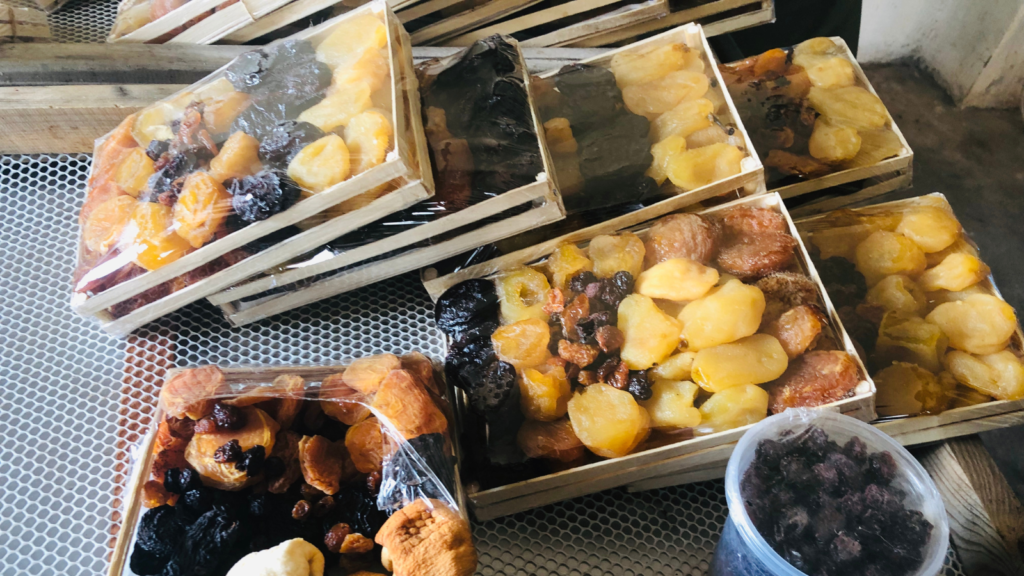
Dehydrated and freeze-dried foods are a backpacker’s best friend. They’re extremely lightweight, have a long shelf life, and only require water to rehydrate. You can find entire meals in this form, from pasta to scrambled eggs. Plus, they take up minimal space in your pack and are easy to prepare at the end of a long day.
2. Bring High-Calorie, Lightweight Foods
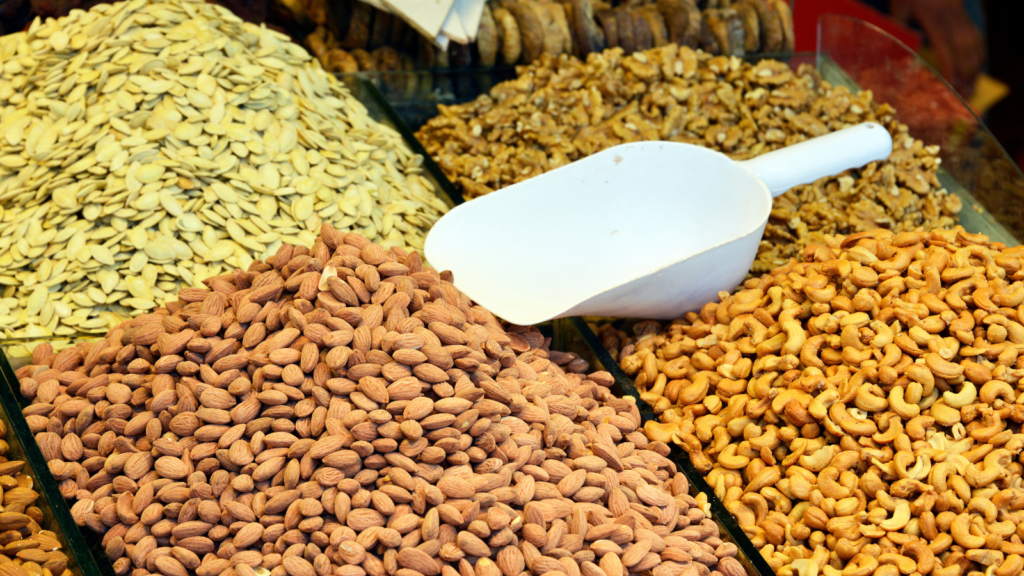
When you’re hiking all day, your body burns more calories than usual. So, make sure to pack calorie-dense foods that are light in weight. Nuts, seeds, peanut butter, and cheese are fantastic sources of energy that don’t add much weight to your load. It’s all about efficiency!
3. Pre-Pack Your Meals for Each Day
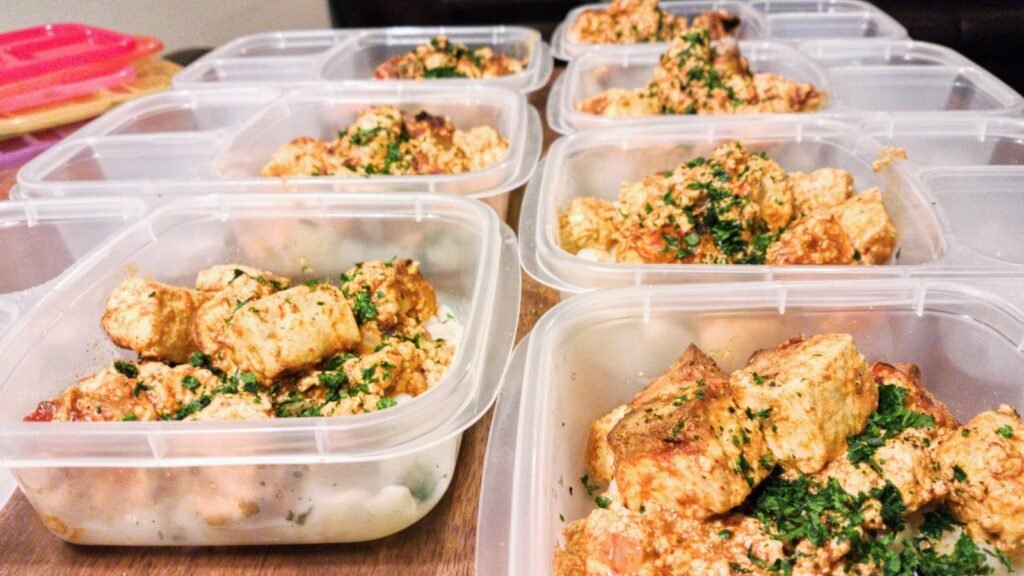
To avoid confusion and hassle, pre-pack each meal in individual bags before your trip. This saves time and ensures you have just the right amount of food for each day. You can also label the bags for easy identification, so there’s no second-guessing when you’re hungry and tired.
4. Use Instant Grains and Noodles
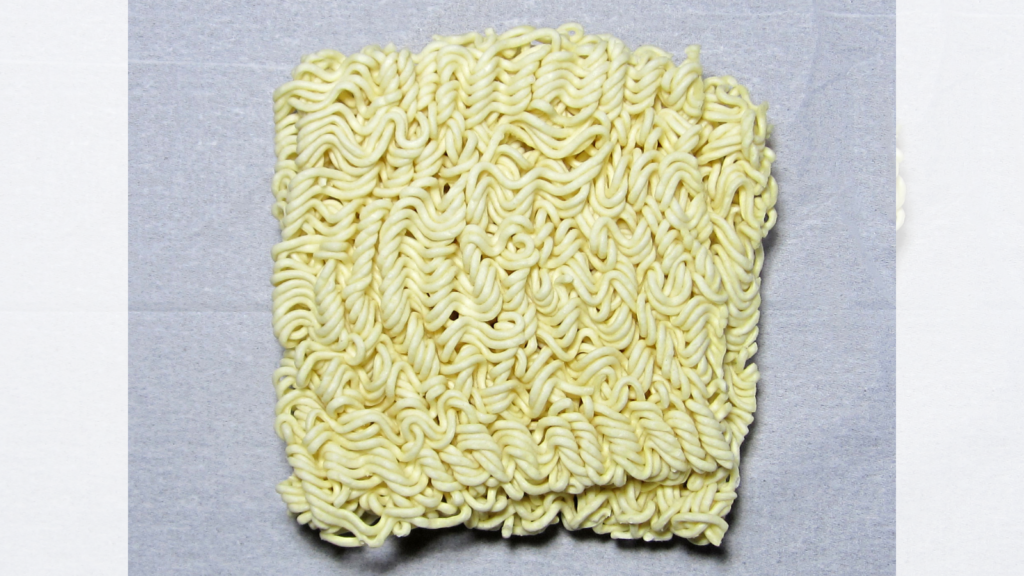
Instant grains like couscous, oatmeal, and quinoa cook quickly and are perfect for the trail. They’re lightweight, nutritious, and can easily be spiced up with dehydrated vegetables or powdered seasonings. Instant noodles are another great option—they’re fast, satisfying, and comforting after a long hike.
5. Pack Flavorful Add-Ins

Even the simplest meals can be elevated with a few tasty add-ins. Spices, dried herbs, hot sauce packets, or bouillon cubes can make a huge difference. These small items take up little space but can drastically improve the taste of your meals, helping you avoid food fatigue on long trips.
6. Consider No-Cook Options
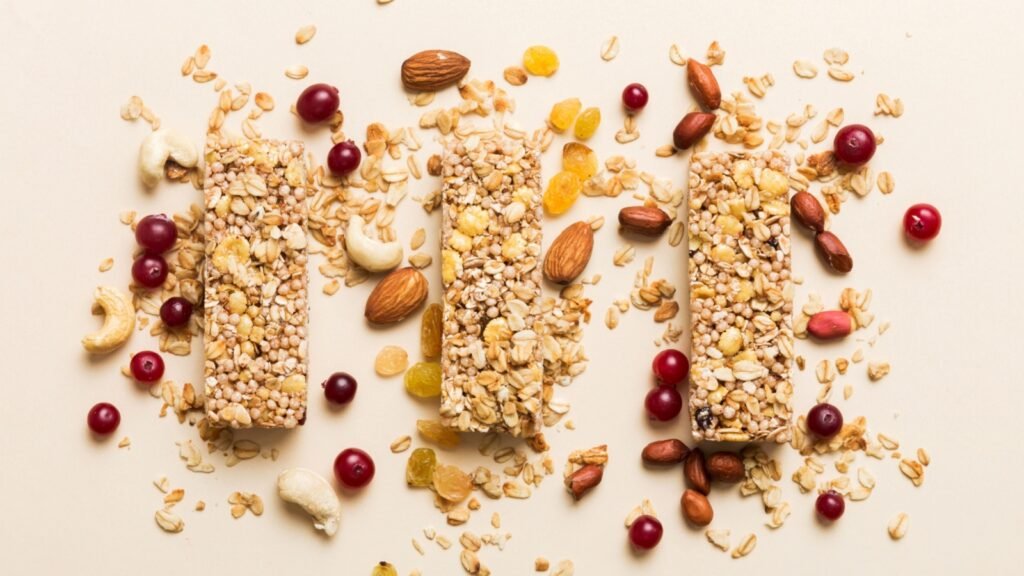
When you’re exhausted or running low on fuel, it’s great to have no-cook meal options. Tortillas with nut butter, energy bars, dried fruit, and ready-to-eat tuna or chicken pouches are excellent choices. Having a few of these meals on hand means you’ll always have something quick to eat.
7. Be Mindful of Your Water Supply

Many backpacking meals require water to prepare, so it’s essential to plan your meals around the availability of water on your route. If water is scarce, focus on no-cook or minimal-water meals. Otherwise, meals like soup or rehydrated foods are perfect when you know there’s a reliable water source nearby.
8. Balance Your Macronutrients
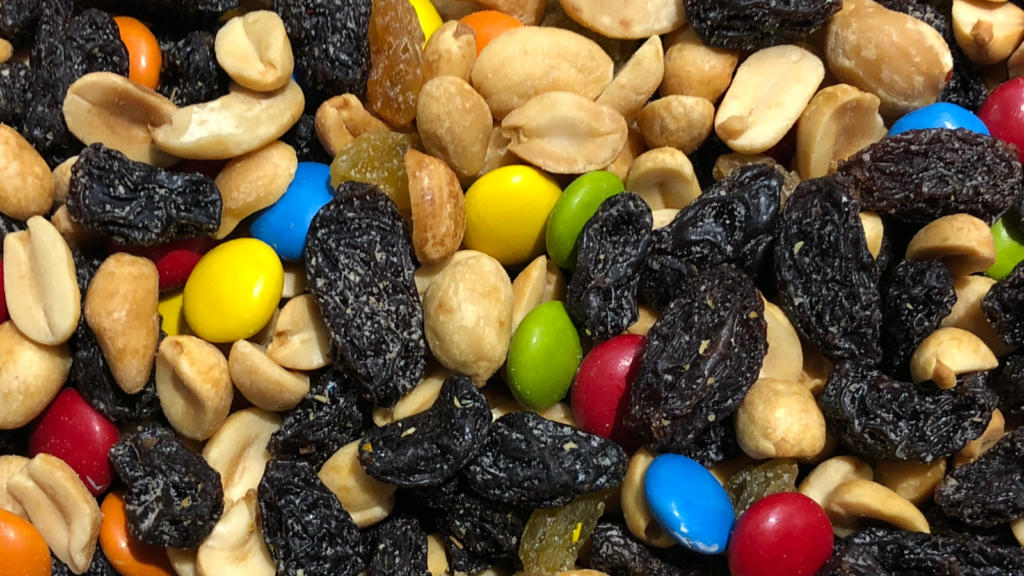
While hiking, it’s crucial to keep your body fueled with the right mix of proteins, fats, and carbohydrates. Carbs provide quick energy, while fats and proteins keep you going over the long haul. Consider a balance of trail mix, jerky, dried fruit, and cheese to hit all the essential macronutrients in your meals.
9. Use Resealable Bags for Storage

Resealable bags are incredibly versatile for backpacking meals. You can use them to store pre-portioned meals, organize snacks, and even rehydrate foods. They’re also reusable, meaning less waste on the trail. Make sure to choose durable, high-quality bags to avoid leaks and spills.
10. Pack Out Your Trash
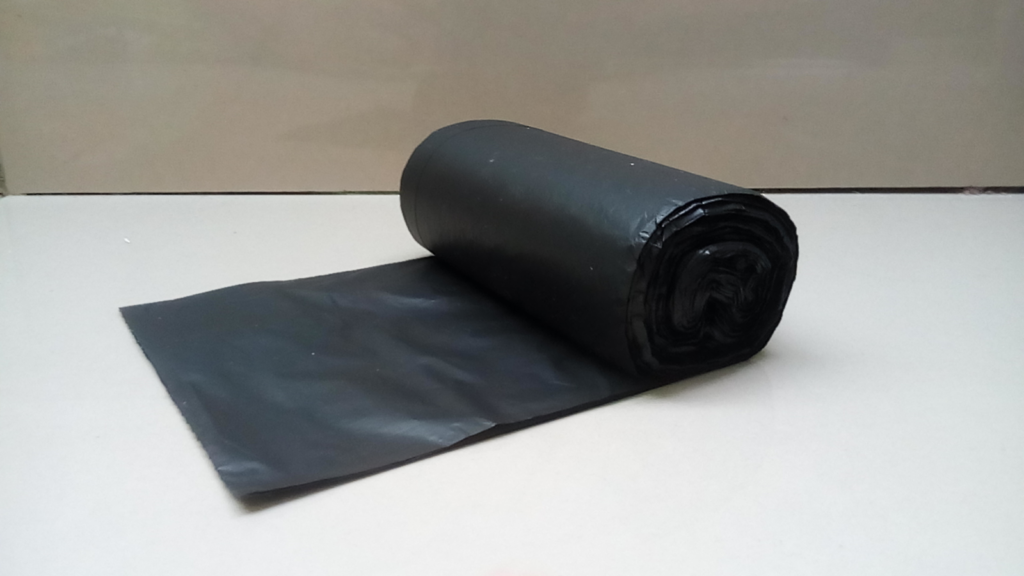
Leave no trace is an essential rule in backpacking. Make sure to bring a small, lightweight trash bag to pack out all your food waste. This includes food packaging, peels, and anything else you might accumulate. Keeping nature clean ensures everyone can enjoy the trails for years to come.

